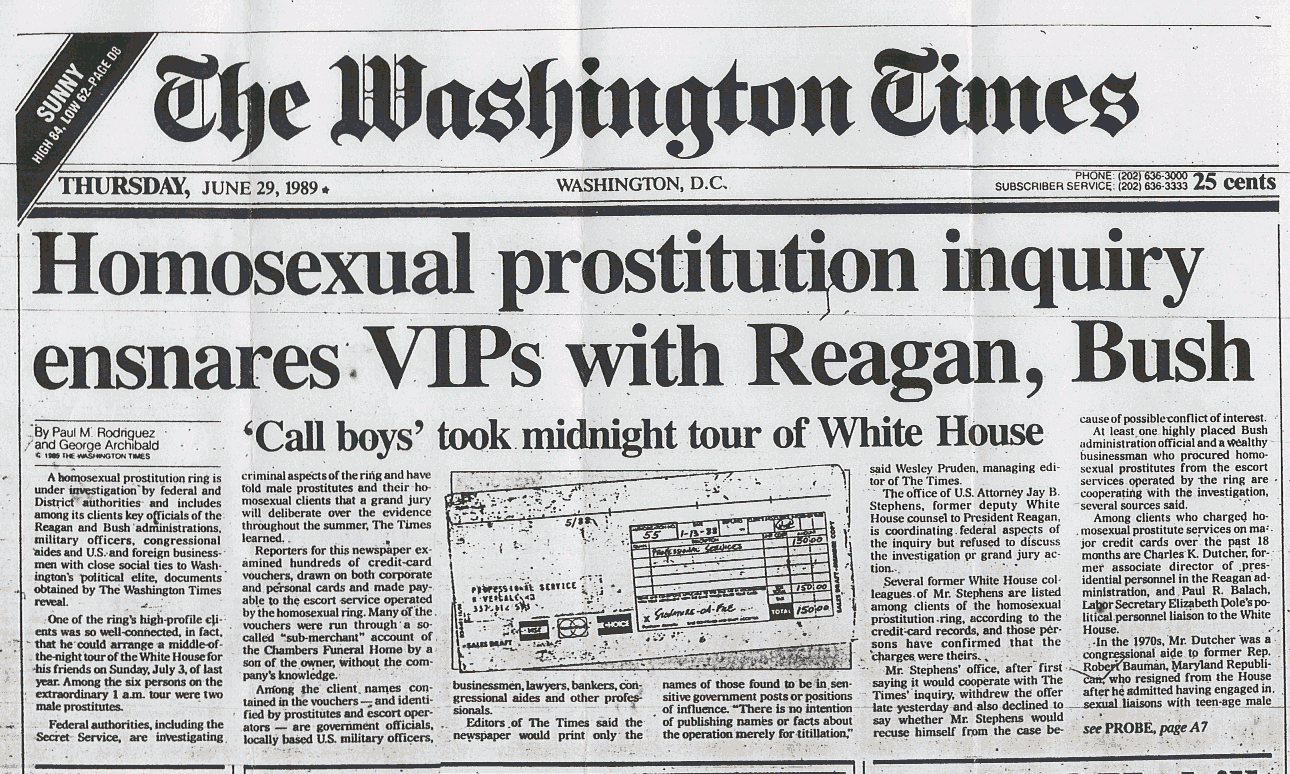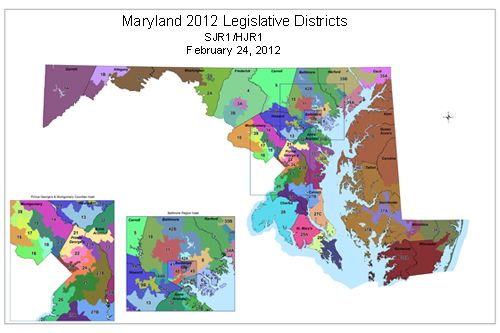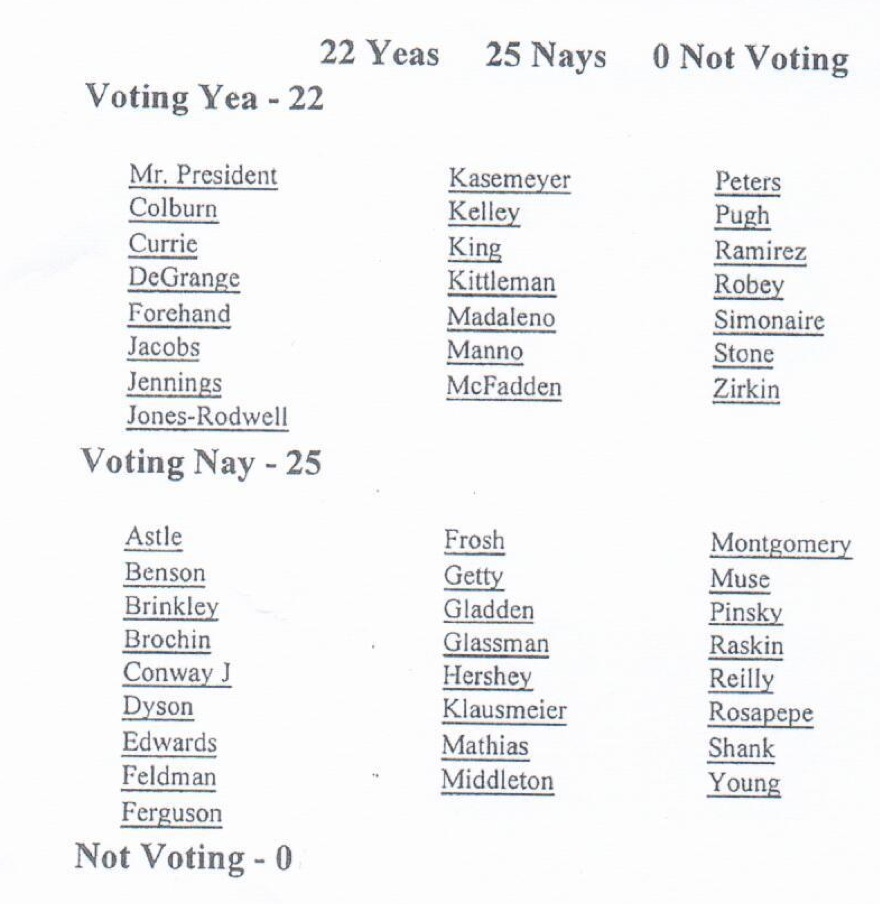County Executive Ike Leggett’s Nighttime Economy Task Force has made a number of recommendations to attract a more active nightlife to Montgomery. Sorry I meant to say MoCo. We’re all hipsters now here at 7S.
Aaron Kraut of BethesdaNow.com summarized the key proposed changes:
The Task Force will recommend the county extend the hours of operation for venues with alcohol licenses an hour, to 3 a.m. on Fridays, Saturdays and the Sundays before Monday federal holidays and 2 a.m. on weeknights.
That would match D.C. and Prince George’s County and prevent what Pohoryles said restaurant owners call “the mad dash,” the period when Montgomery County bar goers get in their cars and drive to D.C. for another hour of alcohol service. The rule would keep the half-hour “grace period,” in which last call would actually be half-an-hour before closing time.
Also part of the bar-friendly recommendations are changes to the county’s noise ordinance in specific urban areas.
The Task Force will recommend increasing the allowable noise levels for “qualifying arts and entertainment activities in these areas,” to 85 decibels, allowing those levels to midnight and ensuring nearby residents are informed of the law prior to moving in.
So basically more booze + noise = fun. Heck, I suspect any random group of college students could have told you that. The only problem is that downtown Bethesda’s prime demographic is not college students or recent college grads but empty nesters.
Neighborhoods near to downtown Bethesda are a combination of families and empty nesters. In six years on the Town Council of the Town of Chevy Chase, located directly east of downtown Bethesda, I have never heard anyone lament that the bars in Bethesda close too early and that they have to dash elsewhere to keep drinking.
The Task Force’s chair wants to reassure that the changes are meant to benefit everyone:
Heather Dlhopolsky, a Bethesda attorney and chair of the Task Force, made it clear the Task Force wasn’t just about catering to the 20-34 year-old crowd, citing the significant number of empty nesters moving to downtown Bethesda.
Nevertheless, the recommendations have provoked a backlash precisely from that group. Jon Weintraub provided this summary of the thoughts expressed at a meeting of over 40 condo owners from many different buildings in downtown Bethesda:
There is universal opposition to the County Executive’s Nighttime Bethesda proposal, if it means extending bar hours and changing the revenue ratio. It should not move forward! What can be done to ensure that the noise ordinance is not altered for downtown Bethesda?
Instead Weintraub wants to know:
What is the planner standard for public green space, library, and recreational facilities per 1000 units of development in the downtown?
What can the county and the planning board do to improve the quality of metro service to Bethesda given density decisions are tied to the presence of the metro?
The meeting was organized by Jon Weintraub with Jane Fairweather, a very successful local realtor who knows the Bethesda market extremely well and hardly one to object to changes if she thought they would make her market more and not less valuable.
No doubt some will deride their objections as those of anti-business older people who expect unreasonable levels of quiet and have confused the area with an assisted living facility. But my impression is that their objection is not to a vibrant nightlife but want it to fit in with the area’s existing strengths.
Bethesda is filled with restaurants and also has a large number of bars for that matter. However, the empty nesters who can afford to buy all those condos–and provide a lot of custom to these businesses–prefer it quiet before 2am.
The key to keeping Bethesda so successful is make changes that reinforce what is already attractive not just to families and empty nesters but also to many twenty and thirtysomethings. Middle of the night noise, drinking and nightclubs probably aren’t it.
The Task Force has a lot of suggestions to streamline the process of establishing a business that would probably be helpful to that end. Ironically, the one change that would please restauranteurs and bar owners the most is the one that they shied away from adopting:
Montgomery County operates as a control alcohol jurisdiction, with all alcohol purchases coming from a central DLC [Department of Liquor Control] warehouse. That has led to complaints from restaurant owners about the availability of special orders, such as craft beer, and the time it takes to fill an order.
Evan Glass, a Silver Spring activist and prospective County Council candidate, said the group should talk about how necessary the DLC is.
It’s a contentious issue, in large part because the DLC contributes $25-$30 million a year to the county’s General Fund. It also recently opened a new warehouse in Gaithersburg.
Glass suggested the DLC should at least keep a portion of that contribution to hire more employees who could help it be more responsive.
Most agreed that recommending wholesale changes, or the dissolution of the DLC, was too big a task for the Task Force. The final recommendation, when it comes out in the Task Force’s final report next week, will call for a study of the DLC’s effectiveness from the Council’s Office of Legislative Oversight.
The irony here is that the Task Force attacked directly requirements that restaurants sell as much food as liquor. Yet, they’ve stayed away from a major barrier to locating restaurants here because alcohol is more expensive in MoCo and unique beers and wines are harder to obtain. The City Paper, practically the definition of urban hip, wrote about the issue back in 2007.





